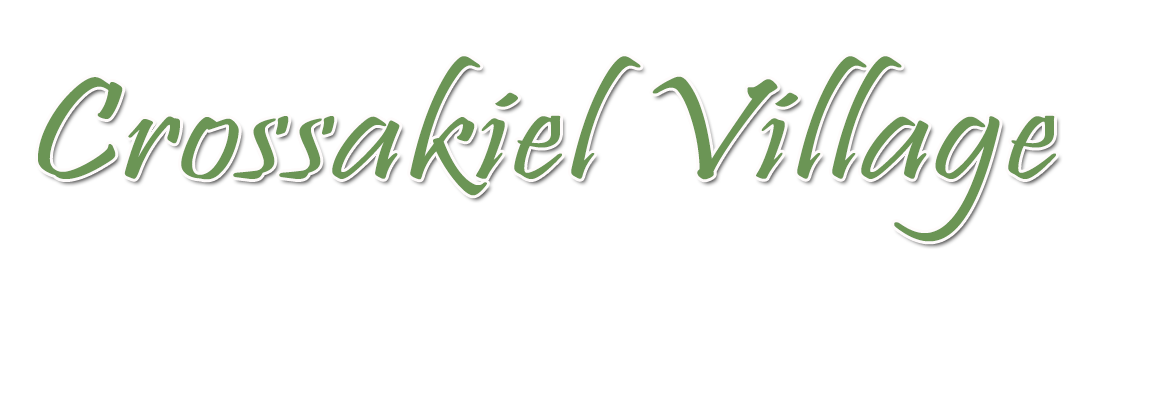The history of fairs extends back to ancient times and the word “fair” is derived from “feria” which is the proper ecclesiastical term for a saint’s day. Early records show that the gatherings at such festivals were used not only for religious purposes, but also for pleasure and business and were from the beginning specially used for the purpose of trade and commerce. At such gatherings besides the exchange of goods and the holdings of games and various athletics, legislation also took place.
Fairs are also located near prehistoric burial earthworks. The more recent history of fairs and markets began with the granting of patents and charters. A royal patent or charter named the person who was granted the licence, the dates on which fairs or markets were to take place and also the customs and tolls that would be a source of revenue for the holder of the patent.
In the year 1753 Mr John Wade, Clonabrany, was granted a patent by King George 11 (2nd) to hold a fair at Crossakiel. The Official Guide to Fairs of Ireland for the year 1886 lists fairs for Crossakiel on Thursday 11th February, Wednesday 14th April, Monday 10th May, Monday 9th August, Tuesday 17th August, Tuesday 12th October and Wednesday 15th December.
Crossakiel was one of the most elevated centres to hold a fair as described by Poet Feardorcha O Fairceallaigh from Caven in the poem “Peig Nugent”. “On a lively day I was celebrating at the fair on the beautiful heights of Crossakiel on the side of a high hill”. In these lines the Poet has caught not only the festive spirit but also the very physical environment of the setting for the fair. A number of the fair centres in Meath were located in very small settlement areas. In certain cases, the location was simply a townland without even a village settlement.
During the 1930’s cattle and sheep fairs were held in Crossakiel. In the early days of the Fair, faction fights were the order of the day, and the story is told of one fair when the Angelus bell rang an old man took off his hat, blessed himself and said “12 o’clock and not a blow struck yet”.
Wednesday, October 30, 2024
Crossakiel Fair
- Details
- Alan Maher
- History
- 1356
Directions
Coming in from the South (Dublin) - Take the R168 Old Castle Road out of Kells towards Oldcastle and following this for 10km until you come to a fork in the road. Take the left turn signed posted for Crossakiel, which will take you straight into Crossakiel village.
Coming in from the North (Cavan) - There is access to Crossakiel from Carnaross, however, Crossakiel is not sign posted at the crossroads. So if your not familar with the roads, proceed to Kells Town and Take the R168 Old Castle Road out of Kells towards Oldcastle and following this for 10km until you come to a fork in the road. Take the left turn signed posted for Crossakiel, which will take you straight into Crossakiel village.
The Latitude is: 53.71548
The Longitude is -7.01848
©
2024
Crossakiel.com - All Rights Reserved

